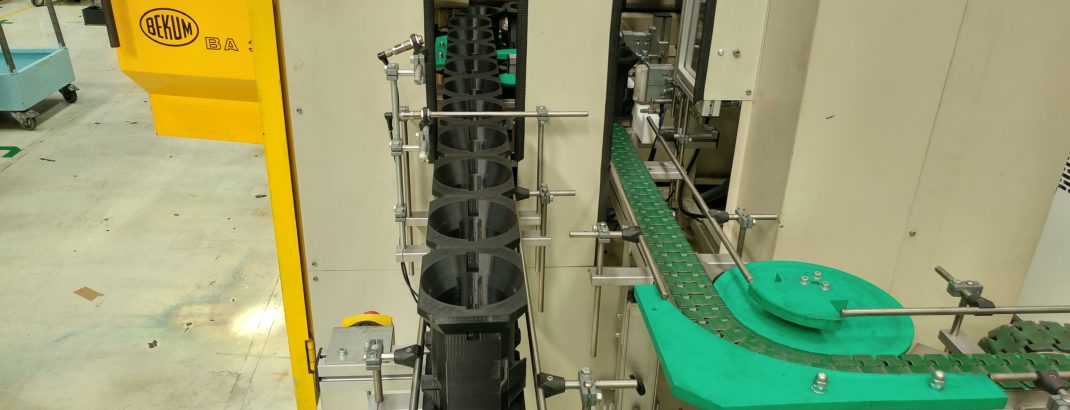Unlike SLA, SLS and MJF systems, FDM printing is efficient to print single parts, making it the perfect 3D printing tool for rapid turnaround.
So it stands to reason that when our parent company Ricoh needs parts to repair machines in their factory, they don’t have to look far.
Our team are able to respond quickly to produce replacement parts using 3D printing to limit the downtime of costly production lines.
Fused Deposition Modelling has always been, and continues to be, the go-to technology for jigs and fixtures. With its broad range of engineering materials, colours for identification and range of layer and infill options, FDM printing is ideal for applications where final part aesthetics are secondary to fit and function.
Given their accessible price point, FDM printers are a highly cost-effective alternative to conventional machine such as CNC systems, and invaluable to the production line when you need parts that can be subjected to working conditions quickly and cheaply.
At our marketplace factory in Ricoh Telford, home of Ricoh 3D, we manufacture toner consumables for a range of Ricoh 2D printers. The manufacturing process is reliant on factory automation.
When breakdowns occur, 3D product printing is often used to replace these parts.
Although our Ricoh 3D operation gives engineers across site access to SLS and MJF systems, ultimately time is the critical factor in factory applications, making FDM the obvious choice.
Engineers are now updating spare parts that are conventionally manufactured in metal via CNC machining on factory automation to FDM alternatives, due to the fact they can be supplied in hours rather than days and still meet – or often exceed – the performance of the parts they replace.
Designers of Ricoh’s factory automation now consider 3D printing from the start of a project, leading to a whole new design process thanks to the freedom associated with 3D printing – especially when compared to conventional subtractive machining methods.
The benefits go beyond just the physical parts. In the development of such factory automation, designs can be tested much quicker with 3D printed parts supplied on demand. Often engineers have parts in their hands same-day, allowing for them to be tested, designs revised and tested again in a much smaller time frame.
The migration to polymer from metal also produces lighter parts, meaning the payload ratings of robots can be lower, thus reducing the cost of the overall system.
An overall reduction in project costs means increased profitability without impact on quality or performance. For jigs, fixtures and factory automation, FDM is the technology of choice. Compare the price for your parts with our online quote portal and get an instant quote today.
